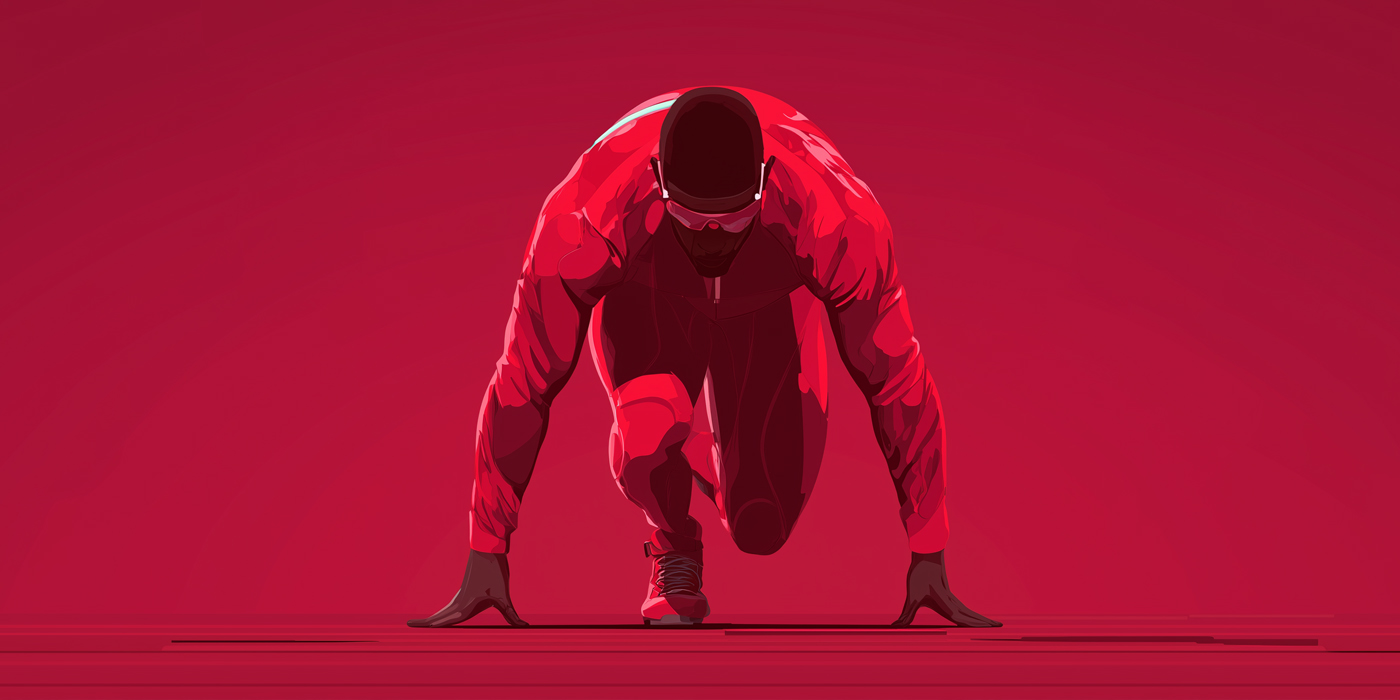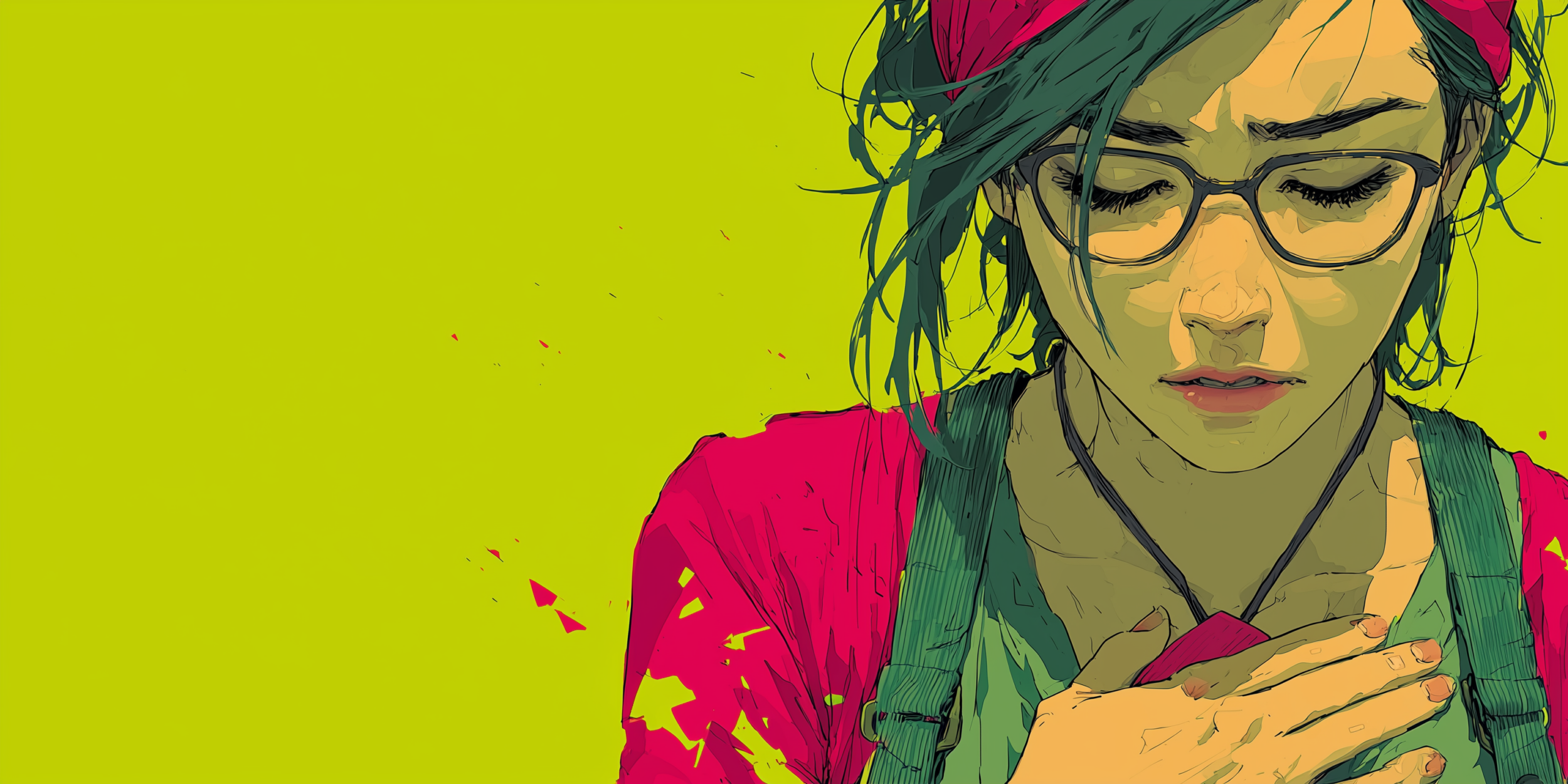One day, while I was still active in my addiction, I threw away my pornography collection and swore off masturbation. My resolve didn’t last long however, and soon I was back to my old habits. I really missed several of my old porn magazines, so I ordered back issues at inflated prices. The next few times I decided to quit, I kept those special issues “just in case” I started up again. Even then, I knew I was powerless to stop.
According to Alcoholics Anonymous (62), our troubles are “basically of our own making.” That was definitely true of me. Today, after eight years of sobriety, I clearly recognize that my sexual acting out was a futile attempt to resolve my many problems with life.
I suffer from very limited energy, and I’m also an extreme introvert. Being around large groups of people drains me. I have difficulty connecting with others. I have sleep problems that affect my ability to maintain a regular schedule. Sometimes I find it difficult just to exist—and if I can’t find a way to relieve the difficulty, either by sleeping or by engaging in a lustful escape, then I’m miserable. Clearly, my life has been completely unmanageable.
As a child, I was convinced that I needed to deal with these issues on my own. I didn’t believe that anyone would help me, but somewhere along the way I discovered that women could make me feel better. Unfortunately, the women of this world did not dedicate themselves to the cause of helping me. My frustration and helplessness grew into a deep resentment and hatred toward women. Even today, a part of me still desires control over women.
When I was nine, I was so miserable and unhappy that I decided to kill myself. I had the means to do it and even wrote out a will—but I didn’t make the attempt. Instead, I developed maladaptive coping mechanisms.
I relieved mental and emotional pain by suppressing it. I was brimming with anger and fear but did not consciously feel these emotions. I also suppressed physical pain. For most of my life I stored stress as pain in my body, but I could only feel the pain after several years in recovery.
When I was young, I would push myself beyond my energy level until I was sick. When bicycling, for example, I would get to the top of a hill and puke. I ignored the consequences of my actions because of a desire to “fit in.” In an effort to connect with others, I developed masks. The masks were dishonest—I was representing myself as someone I was not—but at least I was able to connect on some level.
In my early teens, I found that sexual fantasies would help pass the time. I became powerless over these fantasies. I couldn’t control the fantasies, but I could control the rest of my sexual behavior by clamping down on it completely.
My anger at women, combined with my sexaholism, led me to my dark side. I would fantasize about committing various violent acts against women. At the same time, I was terrified of the evil I might be capable of.
Throughout my teen years, until the summer after my first year of college, I suppressed my sexuality. I didn’t date and didn’t even know what masturbation was. This probably saved me from going to jail for rape.
By the time I was 27, I was masturbating one to three times daily. I tried to stop several times but could not. The sexual fantasies were more powerful now, and pornography became a big part of my life.
I had relationships with two different women, each of whom I would have liked to have married, but my insistent focus on sex caused each of them to leave me. I was frustrated because I knew what was happening but was powerless to prevent it.
I once briefly dated a woman with whom I had sex as often as possible. As we became physically intimate, I began to feel emotionally close. Then I began treating her poorly because I couldn’t handle the closeness.
I began recovery on October 25, 1993. I attended my first Twelve Step “S” meeting in April 1994. For the first time in my life, I was able to stop acting out. I even stopped fantasizing. Once I became sexually sober, however, there was nothing to stop my anger and rage from surfacing. One day, while looking through some of my old elementary school writings, I was suddenly hit with the realization of how miserable I’d been. My suppressed anger came to the surface, and I was consumed by a tidal wave of rage.
After about five months of living sober, I met a woman. We got engaged a few weeks later and married two months after that. Like the couple in “A Personal Story” (SA 13), we hardly knew each other. The marriage lasted for two years and was a complete disaster.
Even though I was sexually sober, my anger and rage had increased, and I could no longer successfully suppress these emotions. I raged at my wife. We finally separated after I was arrested for domestic violence. We were divorced four months later. Today, I’m grateful that my wife had the courage to go through with this; I believe she saved both of our lives.
I attended my first SA meeting in March 1996, shortly after my separation. For a while, I attended SA along with other “S” meetings. It took me five years to complete the Steps.
During this time, I discovered Internet pornography and became hopelessly addicted to it. I was miserable. I wanted what the program has to offer: a happy, joyous, and free life. I realized that the only way to get this would be through sobriety. But the longest I could stay sober was three months—and even that much time was rare.
Eventually, I recognized a huge area of unmanageability in my life: my job and schedule. I was still trying to push myself past empty. I was constantly exhausted. I remember lying in bed, telling myself that I’d be fired if I didn’t get up and go to work. But another part of me wouldn’t move. My attendance and job performance grew progressively worse. I knew it was only a matter of time before I’d be fired. I had no choice but to face the harsh truth. I’d had enough.
I’d been trying to balance recovery and work. I would act out, then place more emphasis on recovery. Things would get somewhat better, so I’d shift the focus to the job. Then work would begin to consume my energy, until there was nothing left for recovery and I’d act out. This cycle went on for months, until I realized that, in order to stay sober, I would have to make sobriety my number-one priority. This is still true today. It doesn’t mean that I completely abandon my job. It means not pushing beyond my limits, even if work suffers somewhat, because I’m particularly susceptible to acting out when I run on empty.
My sobriety date is from that time, July 10, 2002. Around the same time, I switched my attendance to SA exclusively, because I began to see more of an emphasis on sobriety in SA. Today, sobriety is an absolute requirement. Without it, my life falls to pieces. With sobriety, and with the ability to determine and do God’s will for my life, things work out.
Following are some of the things that sobriety—and trying to get sober—have taught me:
First, I came face to face with my anger and fears while working on my Fourth Step Inventory. While writing the resentment inventory, all the emotions I had suppressed for years came to the surface. I was overwhelmed. I’d get caught up in storms of strong, conflicting emotions, usually centered on a woman. The resentment inventory was the hardest thing I’ve ever done.
As I struggled with these resentments, I considered the Fourth Step Prayer (AA 67): “This is a sick man. How can I be helpful to him? God save me from being angry. Thy will be done. . . .” That prayer is followed by related comments such as, “God will show us how to take a kindly and tolerant view of each and every one.” Clearly, I needed to let go of anger and resentment.
My sponsor made me go through every person identified on my resentment inventory and say the Fourth Step prayer for the person involved. By the time I was done I had even forgiven my ex-wife!
While writing my fear inventory, I discovered two major fears that had controlled about half of my actions: the fear of my dark side, and the fear that I would be miserable for the rest of my life. Even though I hadn’t realized they existed, my fears and anger had been controlling me. That is spiritual bondage. Step Four freed me from bondage.
Second, Step Eleven taught me a new way of praying and of relating to God. In the past I would pray something like, “God do this, God do that, God help this person or that person.” I was basically telling God what to do. But program literature says we should never pray for specific things for ourselves and should exercise caution when praying for others—being sure to append “…if it be Thy will” to such requests (12&12 102).
I’ve learned to respect “God as we understand Him.” My second sponsor was a gay Buddhist, and I am an evangelical Christian. Yet he managed, via the Twelve Steps, to teach me more about interacting with my Christian God than I’d ever been able to learn in church.
There’s an old Twelve Step saying, “Find God or die.” I believed that was true, but I couldn’t make use of it in my addiction, because my spiritual connection with God was blocked. Even though I earnestly sought Him, my attempts failed because I was full of self-will in the form of anger and fear. But the Twelve Steps are designed to clear up spiritual blockages, and as I worked the Steps, I began to find a God that worked.
Today, I focus on my spiritual condition and not on solving my other problems. I have not completely stopped working on my issues, but I’ve learned that once I put less effort into “fixing” the problems, things have improved. Basically, I am insane. But as I stay sober I get flashes of sane thinking.
Third (and most important), I focus on acceptance. If I were shipwrecked on a desert island and had my choice of one page from any book ever printed to bring with me, I would choose AA page 417 (or 449, 3rd ed.): “And acceptance is the answer to all my problems today. When I am disturbed, it is because I find some person, place thing, or situation unacceptable to me … and I can find no serenity until I accept that person, place, thing, or situation as being exactly the way it is supposed to be at this moment . . .”
I’m still prone to fear and anger. The difference is that today, when I find myself getting angry, I pause and look at what’s going on inside my head. Often the anger is covering fear. I surrender the fear and accept the current situation as being God’s will for me. I make any necessary amends and gain a measure of serenity. I do this as often as necessary.
To help me gain acceptance, I remind myself that in the past, my best efforts were always unsuccessful. I could not manage my life on my own. I also need to remember that I don’t know what’s good for me. When God’s will conflicts with my own, I can trust that He knows what’s best. God is running the show now. I’ve turned my will and my life over to Him. Nothing happens in God’s world by mistake. My job is to accept that whatever happens to me is His will for me at that moment.
Today, SA is not merely a part of my life—it is my life. The Twelve Steps have given me the tools to be able to maintain my spiritual fitness. This is what keeps me sober. I’m closer to the place of being happy, joyous, and free than I was eight years ago. For the first time in my life, I’m bearing fruit: I’m able to help other sexaholics in a meaningful way. And life keeps getting better.
Chad C., Denver, CO






